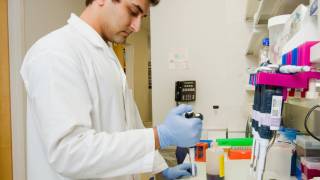Consecutive Mammography Screenings Reduces Risk

Before a breast cancer diagnosis, women participating in the last two breast cancer screening examinations had the most significant reduction in breast cancer death reported a new study.
Published on March 2, 2021, this study was led by the Queen Mary University of London, which found the incidence of breast cancers that proved fatal within ten years of diagnosis was 49% lower in women who had participated in both previous screening examinations.
Furthermore, missing either one of the last two examinations conferred a significantly higher risk, reported this research.
This work adds additional evidence confirming the value of early detection of breast cancer through regular attendance at mammography screening, helping women and their physicians make informed decisions.
Lead author, Professor Stephen Duffy of Queen Mary University of London, commented in a press release, "While there is ample evidence that breast cancer mortality is reduced in those who attend a screening, these results demonstrate that repeated attendance confers greater protection than attendance at a single screen.”
“We need to ensure that the screening experience is as stress-free as possible so that people will come back."
In this prospective study of 549,091 women eligible for screening mammography in nine Swedish counties between 1992 and 2016, women who attended screening mammography at either of their two last invitations before a breast cancer diagnosis had a significantly lower risk of breast cancer mortality compared with those who did not attend screening examinations.
The Principal Investigator of the study, Professor Laszlo Tabar of Falun Central Hospital, Sweden, added, "This comprehensive study results from a long-term cooperative effort of the physicians and other professional staff in nine Swedish counties, all of whom were trained in the Falun School.
The analysis of the massive dataset was handled by the statisticians of the Swedish Organized Service Screening Evaluation Group.
The American Cancer Society funded the study.
Vax-Before-Cancer publishes research-based cancer news.
Our Trust Standards: Medical Advisory Committee
























